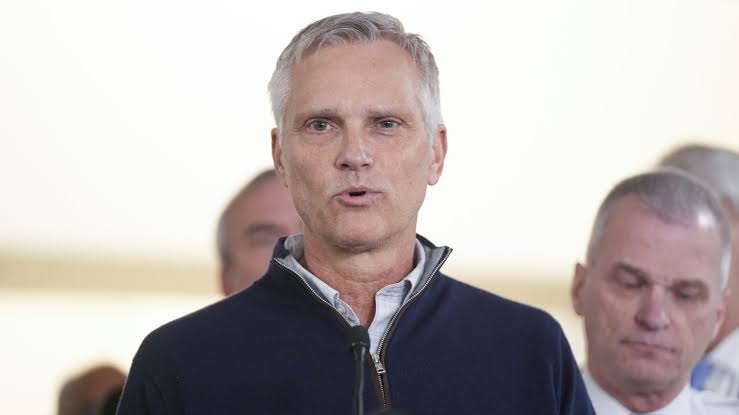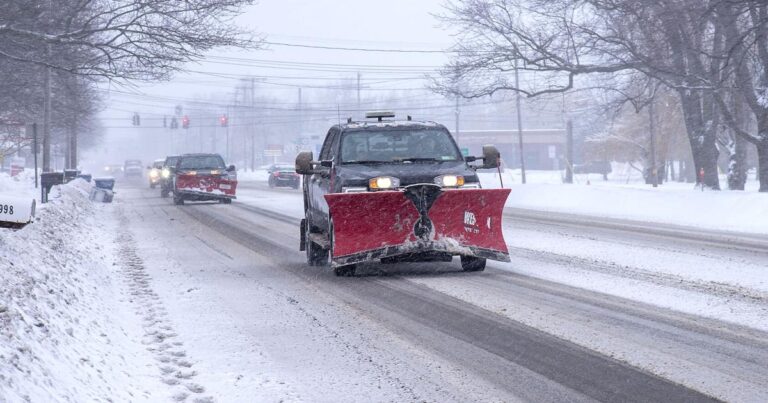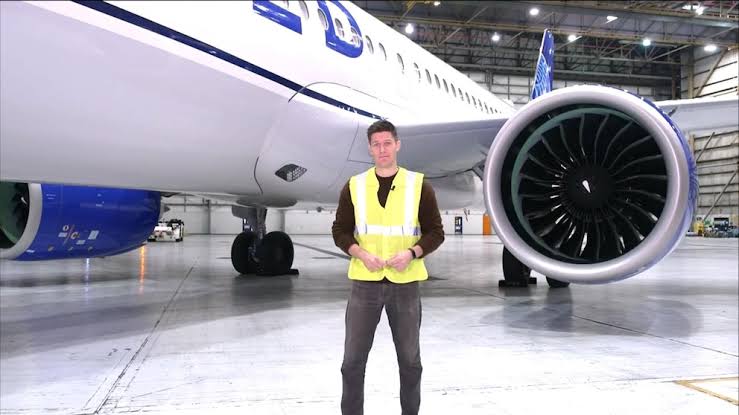Breaking! Southwest Airlines Issues Urgent Statement
Southwest Airlines Issues Urgent Statement Amidst Operational Challenges
Southwest Airlines, a prominent U.S. carrier headquartered in Dallas, Texas, has recently issued an urgent statement addressing a series of operational challenges that have affected its services and public perception. The airline’s commitment to safety, customer service, and operational efficiency is being tested as it navigates through these issues.
Grounding of Flights Due to Technology Glitch
In a significant development, Southwest Airlines temporarily grounded all flights across the United States following a technology glitch. The airline reported that a vendor-supplied firewall failure led to a loss of connection to some operational data, prompting the ground stop. This incident resulted in over 2,000 flight delays, highlighting vulnerabilities in the airline’s technological infrastructure. Southwest’s teams worked swiftly to resolve the issue and minimize disruptions, but the event raised concerns about the airline’s preparedness for technological challenges.
Maintenance and Safety Concerns
Further complicating matters, Southwest Airlines is facing scrutiny over maintenance practices. Mechanics have raised alarms about safety, citing instances where planes were taken out of service due to worn landing gear tires. The airline acknowledged that more than 40 airplanes per day have been grounded for maintenance issues, a figure significantly higher than usual. In response, Southwest declared an “operational emergency,” but tensions have escalated between the airline and its mechanics’ union. The union contends that the airline is attempting to divert attention from underlying safety issues, while the airline emphasizes its commitment to safety and operational efficiency.
Federal Aviation Administration (FAA) Oversight
Amid these challenges, the Federal Aviation Administration (FAA) has increased its oversight of Southwest Airlines. The FAA’s decision follows a series of incidents involving low-altitude flights and other safety concerns. While the FAA has not identified any significant safety issues, the heightened scrutiny underscores the importance of maintaining rigorous safety standards. Southwest has stated that it is working closely with the FAA to address any concerns and enhance its safety management systems.
Operational Changes and Customer Experience
In an effort to improve operational efficiency and customer experience, Southwest Airlines has announced several changes. The airline plans to end its long-standing open seating policy, transitioning to assigned seating in the near future. Additionally, Southwest intends to prepare the cabin for landing at 18,000 feet instead of the previous 10,000 feet to reduce the risk of injuries from in-flight turbulence. These changes reflect the airline’s commitment to adapting its operations to meet evolving customer expectations and safety standards.
Financial Implications and Strategic Adjustments
The operational challenges have also had financial implications for Southwest Airlines. The airline is implementing a three-year transformation plan aimed at boosting revenues, enhancing customer experience, increasing efficiencies, and lowering costs. As part of this plan, Southwest announced plans to cut 1,750 corporate jobs, approximately 15% of its corporate staff, marking the first mass layoffs in the company’s history. The decision is expected to save the airline $210 million this year and $300 million next year, excluding severance and benefits costs.
Southwest Airlines is at a critical juncture as it addresses a series of operational challenges that have impacted its services and reputation. The airline’s responses to these issues, including technological upgrades, maintenance improvements, and strategic adjustments, will be pivotal in determining its ability to regain customer trust and maintain its position in the competitive airline industry. As Southwest navigates these challenges, its commitment to safety, efficiency, and customer satisfaction will be closely scrutinized by passengers, regulators, and industry observers alike.






